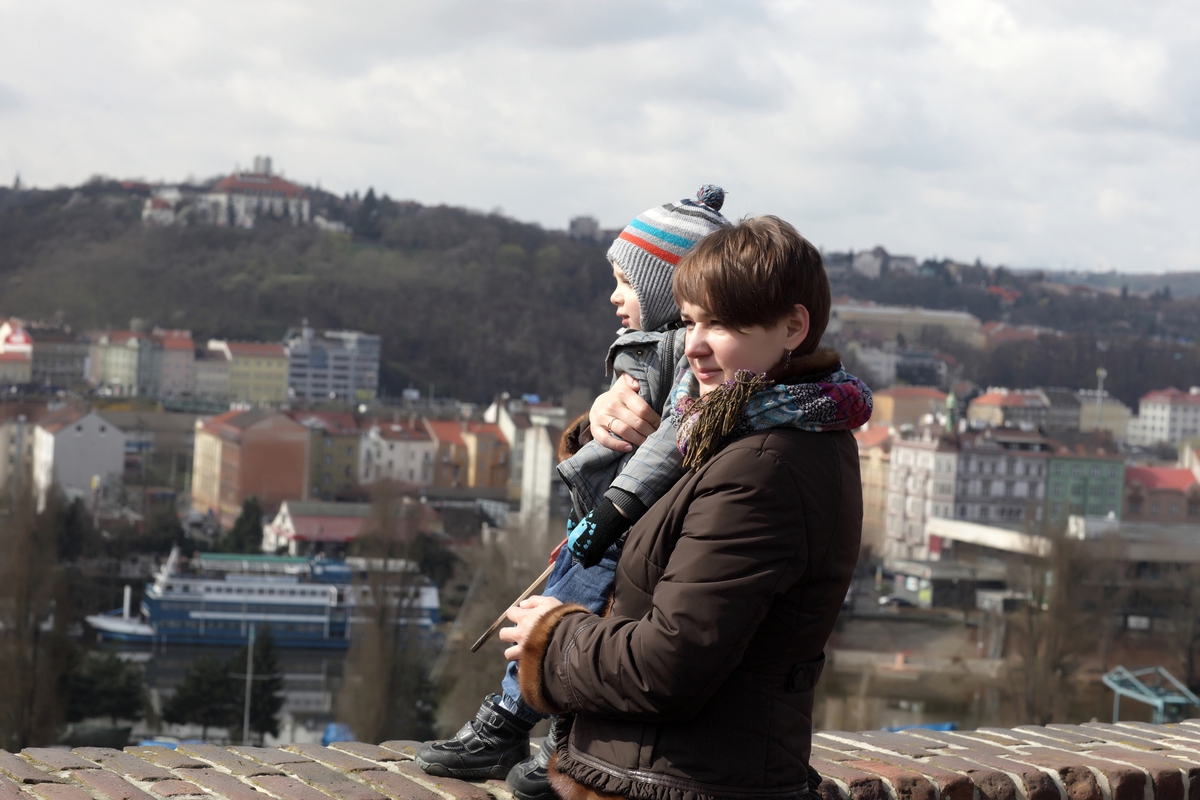I set foot in Moldova for the first time last November. Having started my new job the month before as executive director of Lumos Foundation USA, I’d traveled to Moldova to learn about Lumos’ work there.
Lumos set up shop in Moldova in 2006 to tackle the deeply ingrained culture of institutionalizing children (that is, leaving the state to raise the children of Moldova’s mothers). It was the norm in Moldova. If your child had a disability, or if you were poor, or if your child had challenging behaviors, you could – and really were expected to – deposit your child in one of the state’s massive, white-walled orphanages. From that day forward, your child would suffer days in hunger, learning to survive with virtually no stimulation or individualized attention.
We know this is a terrible way to “care” for children. And today, it is no longer the norm in Moldova … thanks to a group of extraordinary women.
All the Lumos senior staff members in Moldova are women. From young Eugenia, with her perfect English, to Domnica, the grandmother who commanded deep respect in our meeting with the president of Ialoveni District, each woman was top-notch at her job. They took me through their areas of expertise: inclusive education for children with disabilities, the process of deinstitutionalization, youth participation, and … maternal mortality.
“Why maternal mortality?” I asked. “It’s obviously a very important cause, but is it Lumos’ cause?”
Patiently, Galina, who leads the maternal mortality work, explained the link to me: If a mother dies in childbirth, her infant is very likely to end up in an institution. Keeping mothers alive prevents infants from going into institutions in the first place.
If Lumos’ goal is to keep children in their families (it is), and if a dead mother increases an infant’s chances of ending up in an orphanage (check), then of course you have to go after the root cause of the problem and promote maternal health.
This is the Lumos approach. This is why I joined this organization. It is whip-smart and exceedingly thoughtful about HOW we get to our audacious target: ending the institutionalization of children worldwide by 2050.
Whether woman or man, ungendered or gender-fluid, we each have a responsibility to care for our children and ensure that they grow up healthily in families, not locked away in institutions. This International Women’s Day, let’s keep moms around the world in our hearts, and let’s pledge to keep them healthy and able to care for their babies.



